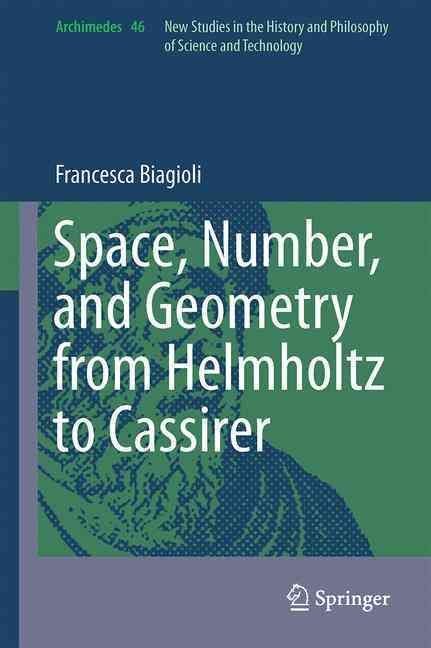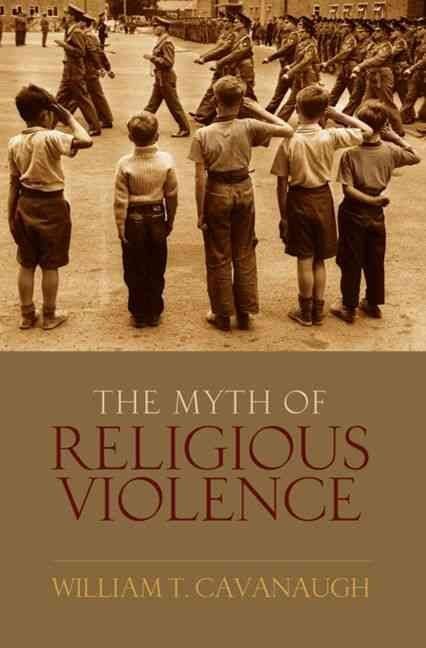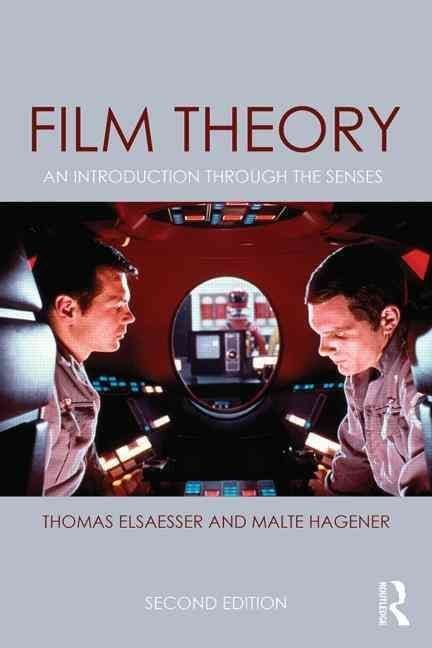The Buddha and Aristotle offer competing visions of the best possible life to which human beings can aspire. In this volume, Seth Zuihō Segall compares Theravāda and Mahāyāna accounts of enlightenment with Aristotelian and neo-Aristotelian accounts of eudaimonia, and proposes a syncretic model of eudaimonic enlightenment that, given prevalent Western beliefs about well-being and human flourishing, provides a credible new end-goal for modern Western Buddhist practice. He then demonstrates how this proposed synthesis is already deeply reflected in contemporary Western Buddhist rhetoric. Segall re-evaluates traditional Buddhist teachings on desire, attachment, aversion, nirvāṇa, and selfhood from the eudaimonic enlightenment perspective, and explores the perspective’s ethical and metaphysical implications.











